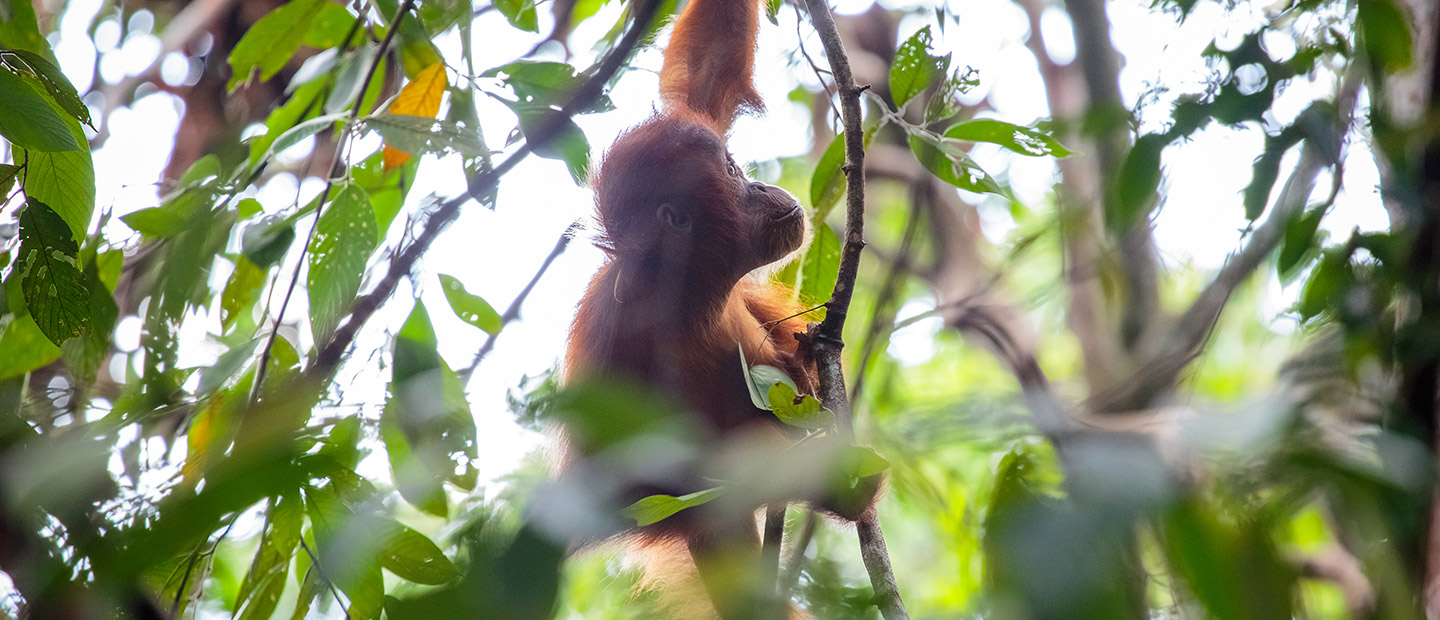What is palm oil?
Palm oil comes from the oil palm plant native to West Africa. It has become the world’s most widely produced and consumed vegetable oil, and is now found in over half of all supermarket products.
This high-yielding plant was introduced to Indonesia and Malaysia in the early 1990s. Today these South East Asian countries, renowned for their extraordinary plant and wildlife biodiversity, produce over 90% of the world’s total palm oil. Currently 62 million metric tonnes are produced annually, but this is predicted to double by 2020!
What is the issue?
If grown sustainably, palm oil is fine. The problem is the illegal destruction of rainforest and peatland habitat, and subsequently, the loss of wildlife species, to produce it. The predominant countries that produce palm oil, Indonesia and Malaysia, are regions that house great biodiversity.
Currently, illegal deforestation and the unsustainable production of palm oil is threatening the survival of thousands of animal species, including the orangutan, Sumatran tiger, Asian rhino and elephant that rely on these forest ecosystems to survive.
The story of palm oil starts in the rainforest, home to more than half of the world's estimated 10 million species of plants, animals and insects. Rainforests act as the lungs of our planet; they recycle carbon dioxide into oxygen, store water, prevent soil erosion and protect biodiversity, but they’re under serious threat.
Ongoing illegal deforestation and the unsustainable production of palm oil is threatening the survival of thousands of rainforest species, including the orangutan, Sumatran tiger, Asian rhino and elephant that rely on these forest ecosystems to survive.


